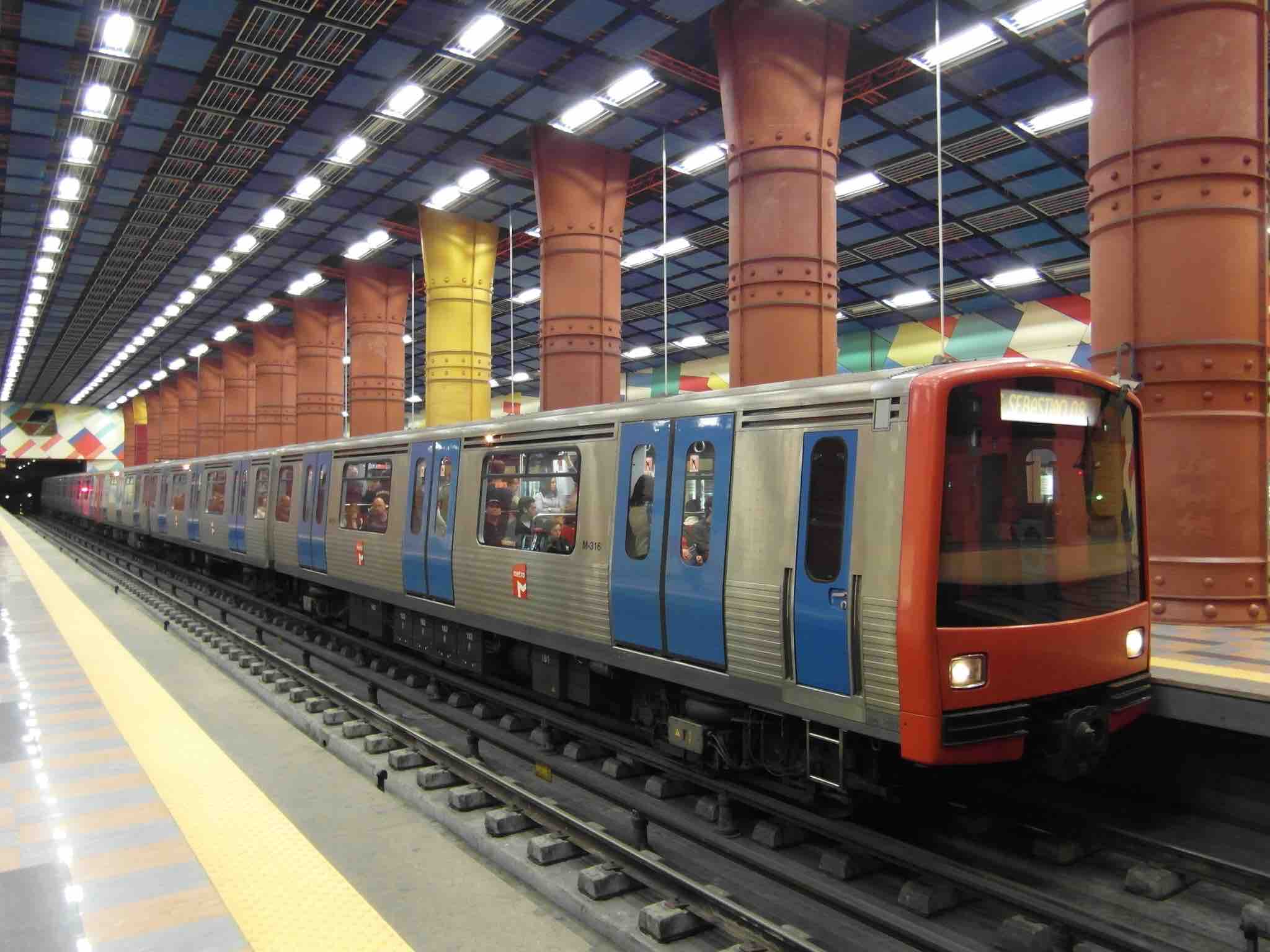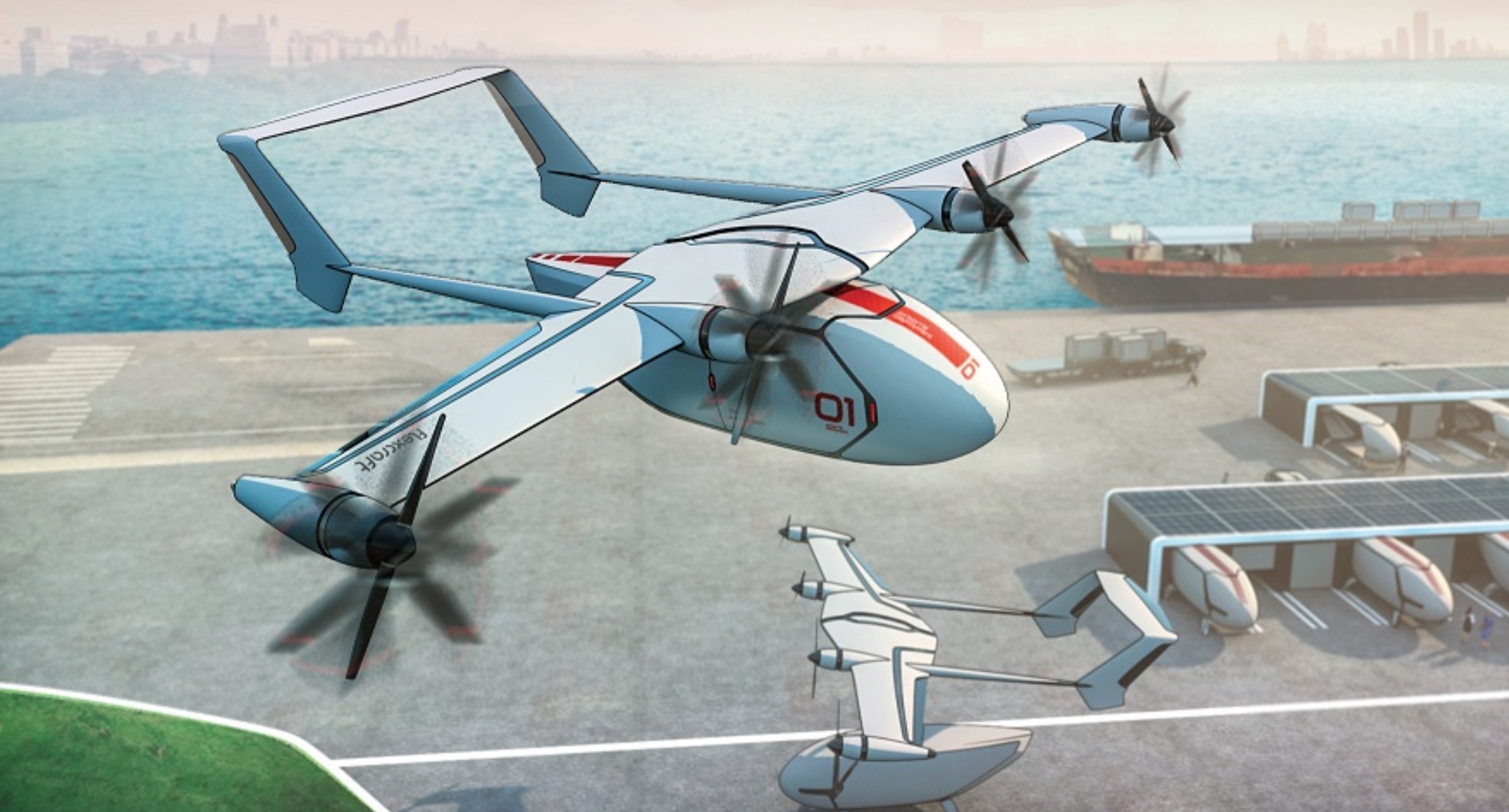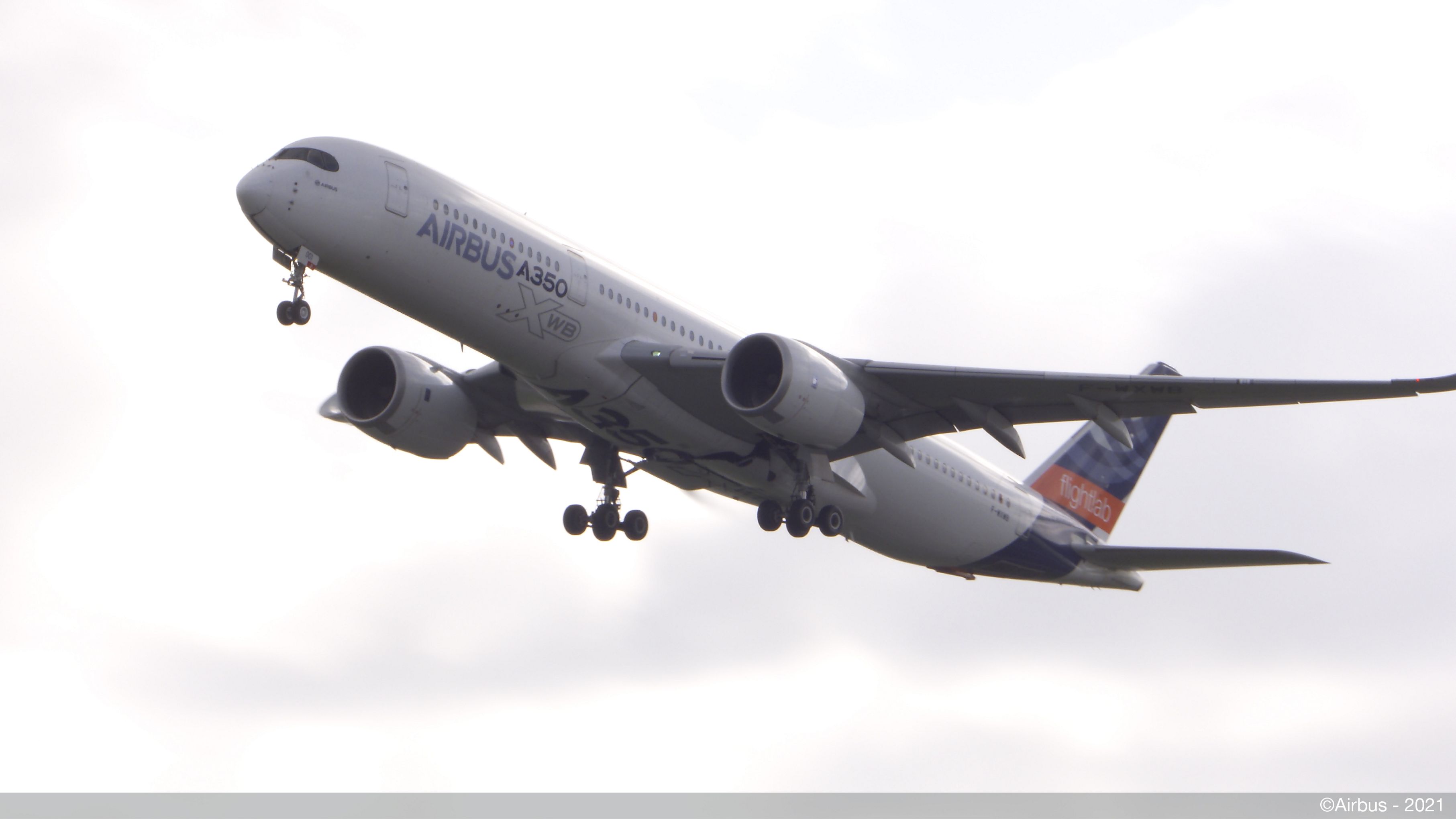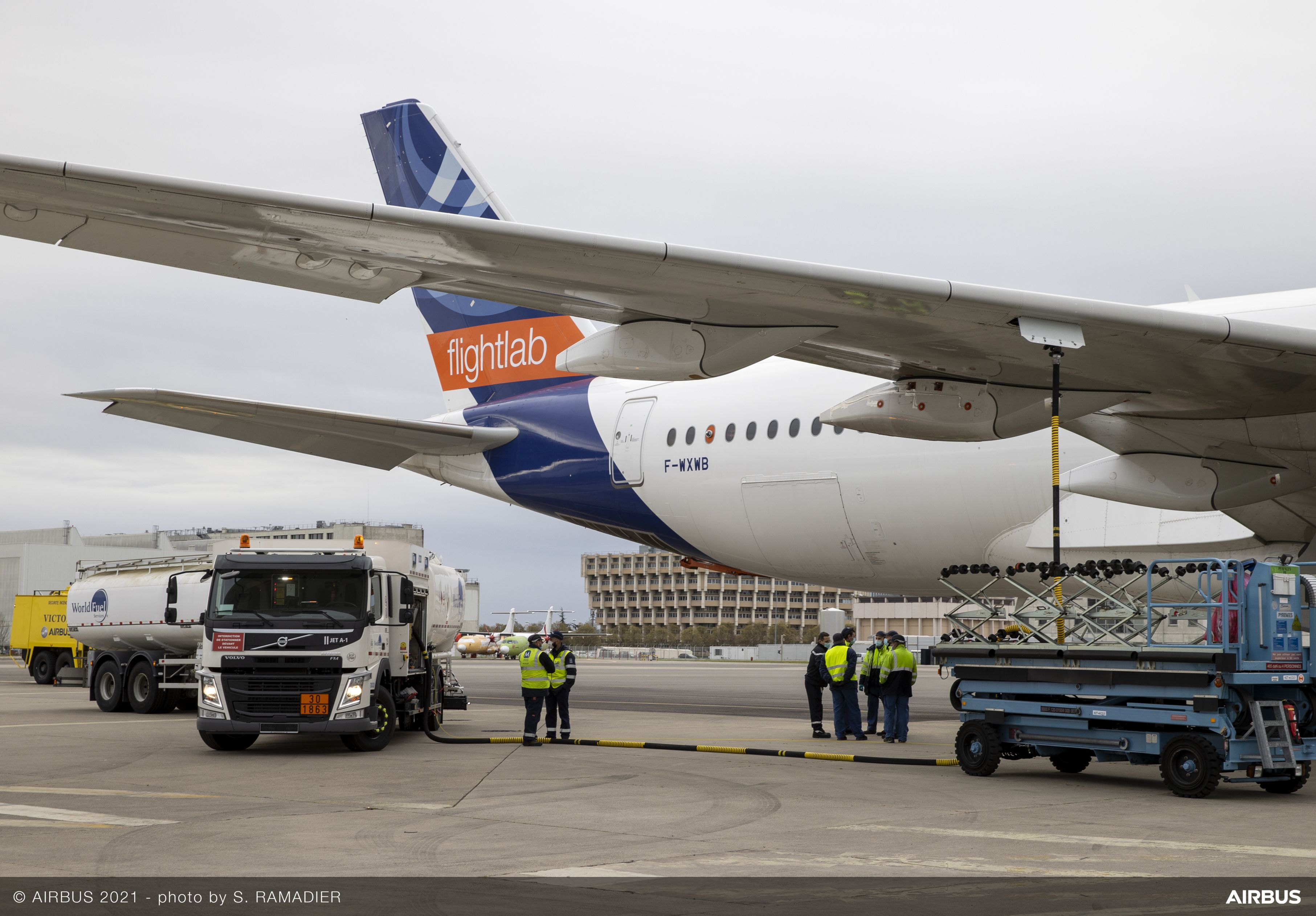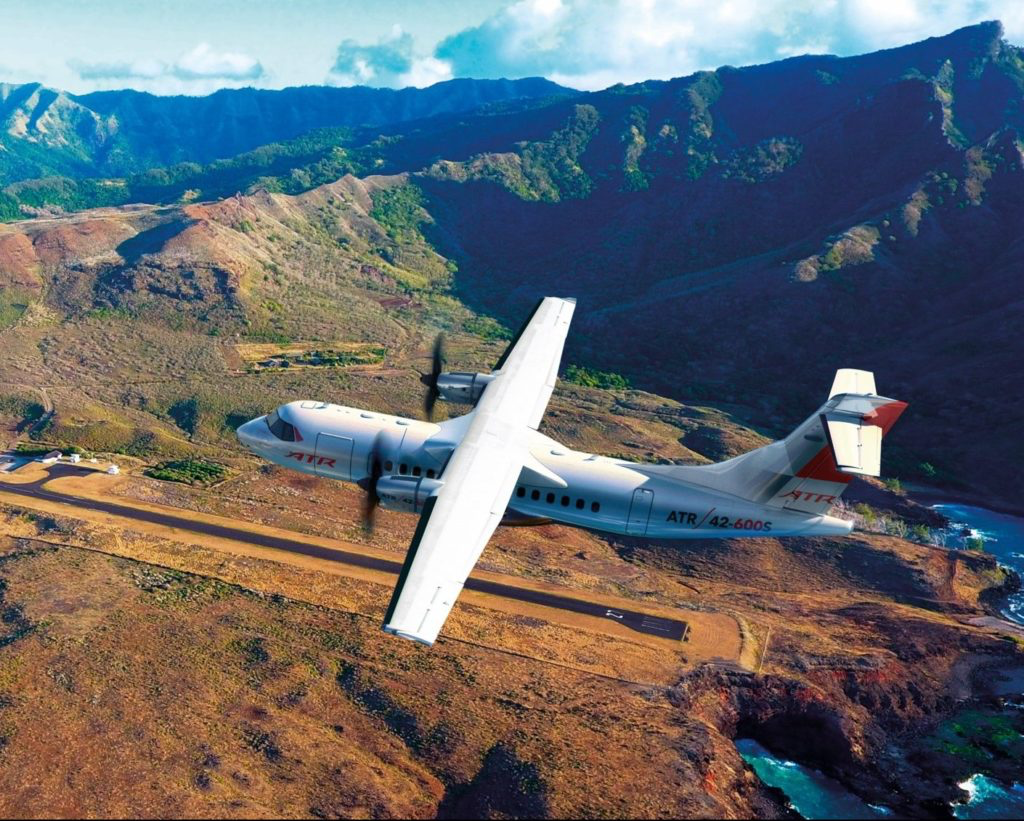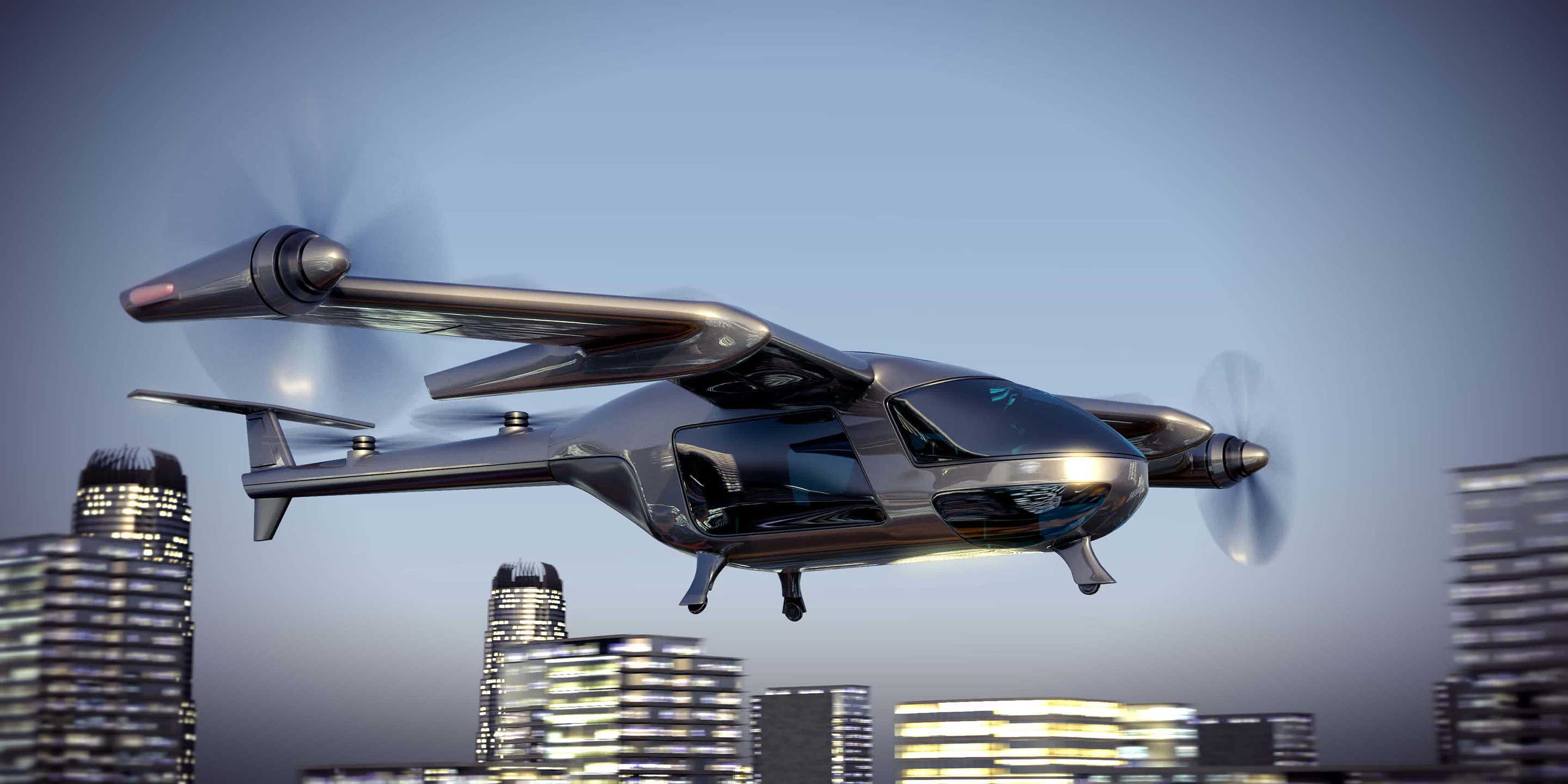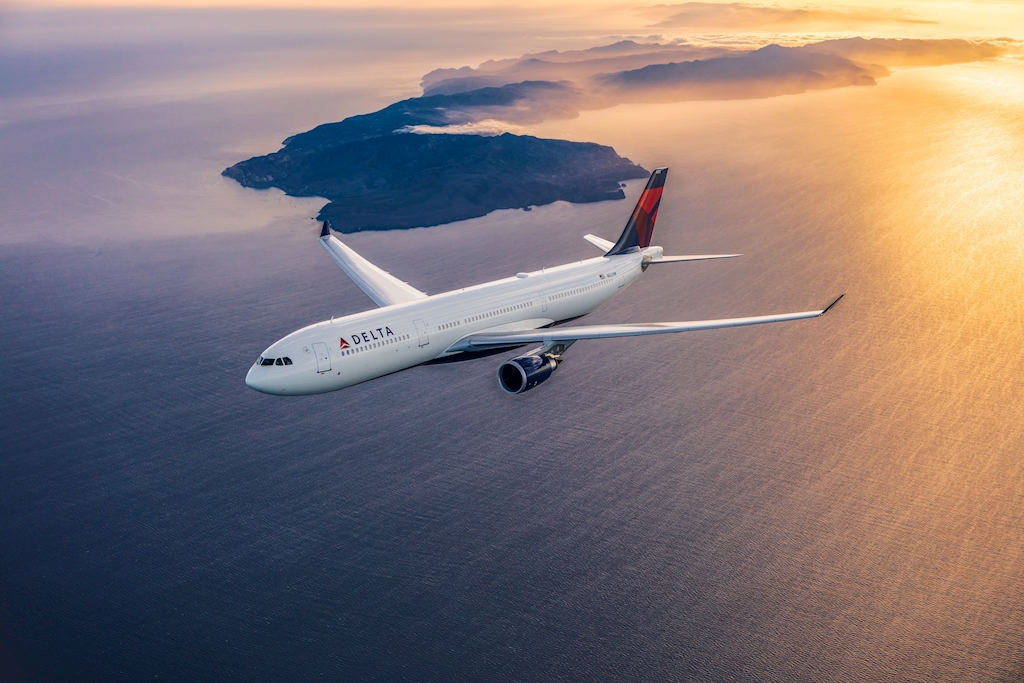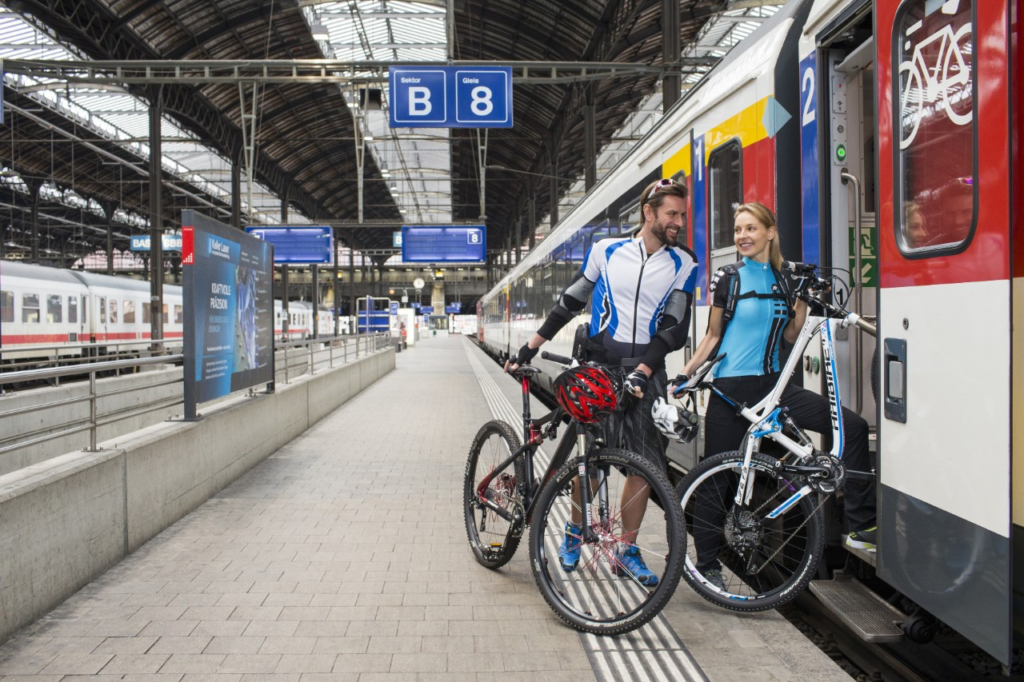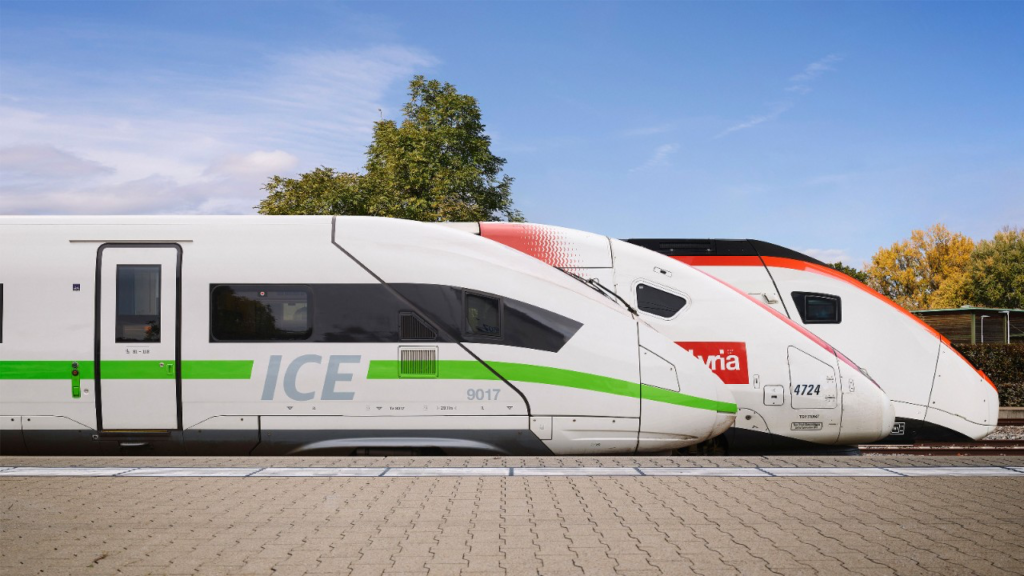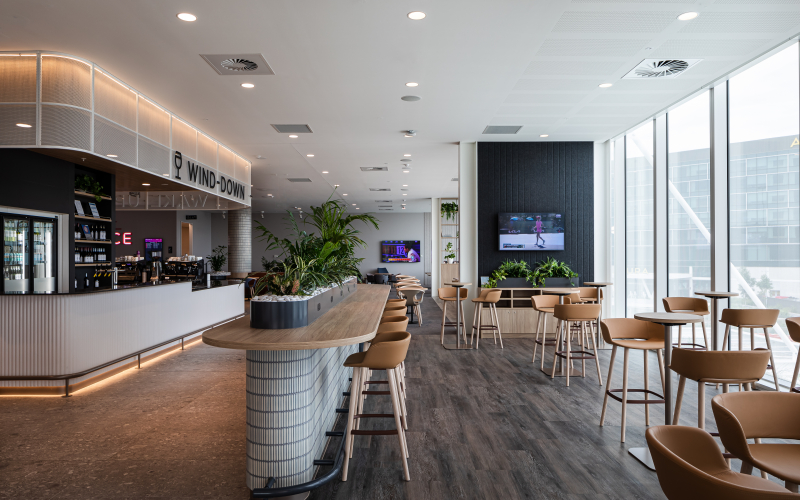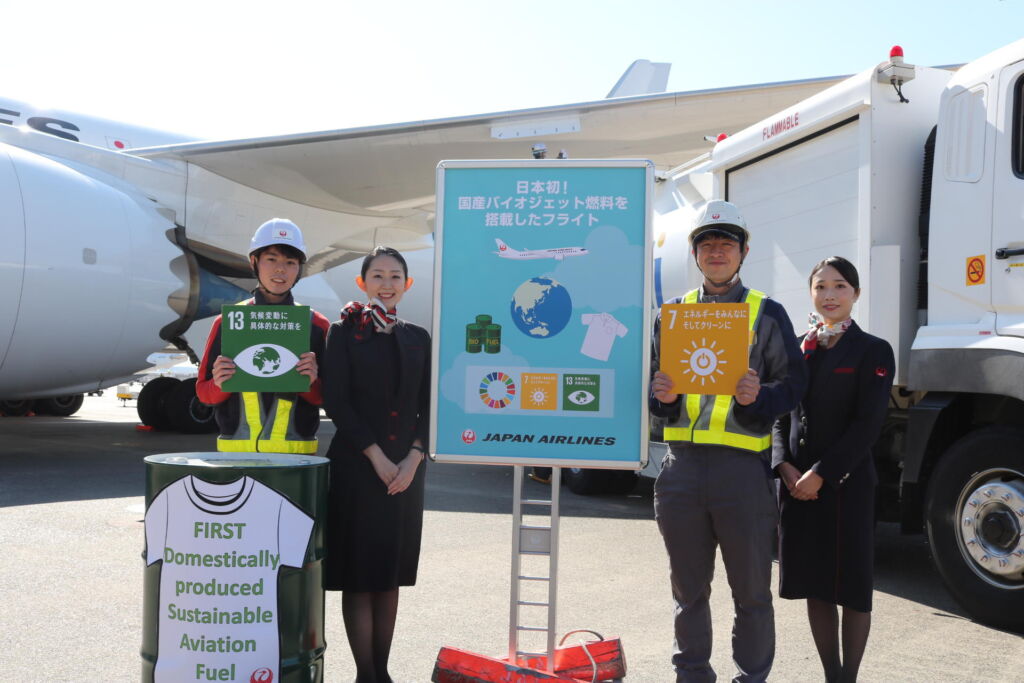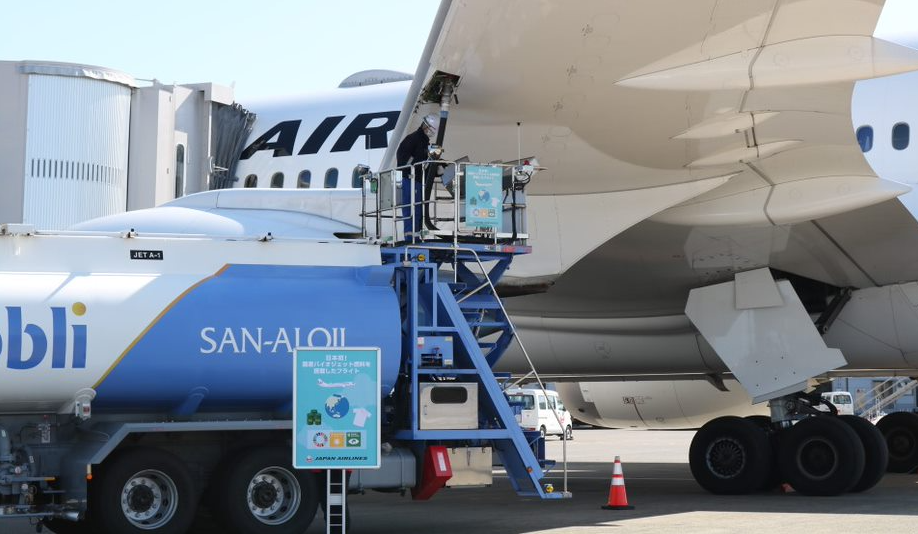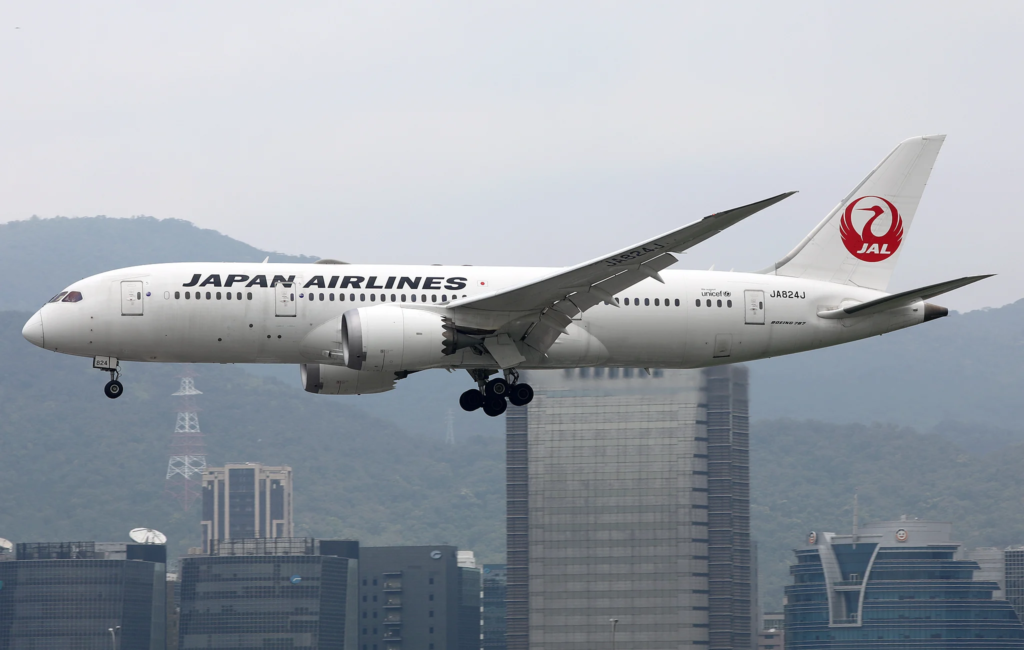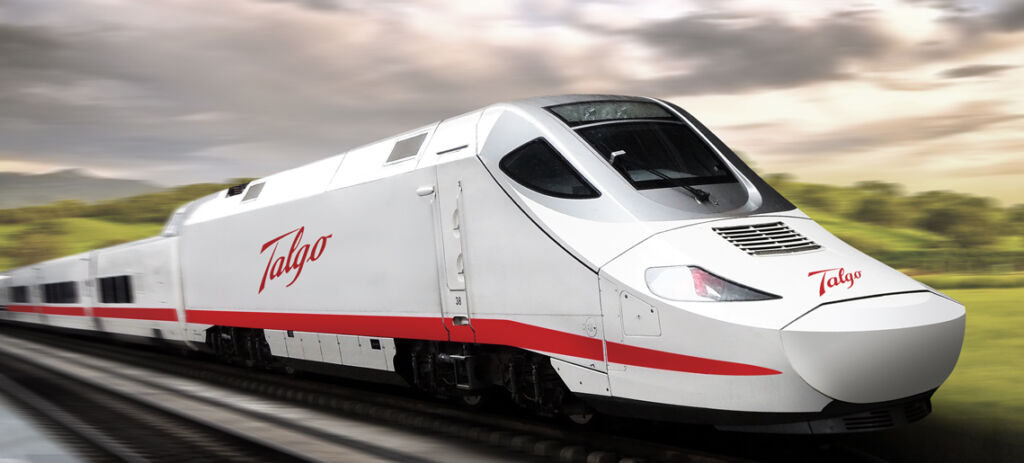The consortium of Stadler and Siemens Mobility have won a €114.5 million contract to provide the Lisbon Metro with a state of the art signaling system and a new fleet of modern trains. Stadler will supply 14 three-car metro trains, while Siemens Mobility will install its Communications-Based Train Control (CBTC) system Trainguard MT on the Blue, Yellow and Green lines, and will upgrade the existing equipment. This will include installing its on-board CBTC technology across 70 trains of the existing fleet, as well as on the 14 new Stadler trains.
The contract includes technical training for operation and maintenance, as well as preventive and corrective maintenance of all equipment for the first three years, and the supply of spares and consumables for preventive maintenance for a further two years. The supply period agreed is 77 months, with provisional acceptance planned for 2027.
Stadler will design the vehicles using a modular methodology to better facilitate maintenance. Its stainless- steel car body ensures the vehicles are lightweight and strong. Three double doors per side and carriage will enable passengers to get on and off quickly and easily.
The 14 three-car trains will initially be fitted with CBTC GoA2 but will have the ability to be upgraded to GoA4, so the service can be fully automated in future. Trains will be powered by third rail at 750 V. The 49.6m long and 2.78m wide vehicles will have 90 seats arranged longitudinally, two places for wheelchair users, and
standing capacity for 450 people (6p/m2). The new rolling stock will increase comfort and accessibility for passengers, as well as provide enhanced communications, safety, and video surveillance systems.
Siemens Mobility CBTC signaling technology provides real-time data on vehicle position and speed conditions operating in moving block principle, allowing system operators to safely increase the number of vehicles on a rail line. This results in greater frequency of train arrivals and allows more passengers to be accommodated on the system. This is the most extensively deployed automatic train control system in the world and is currently being used in Singapore, Turkey, Brazil, Spain, and China.
